Here are the special guests, energy experts and community leaders for This Week In Energy May 10:
Workers in the oil and gas industry often face significant mental health challenges due to the unique and demanding nature of their work environment. Long shift schedules, including 12-hour days and night rotations, disrupt natural sleep cycles and lead to chronic fatigue, which can severely impact mental well-being.
Many positions require extended time away from home—sometimes weeks offshore or at remote drilling sites—resulting in social isolation, strained family relationships, and a lack of emotional support systems.
The high-stress nature of the work, driven by safety risks, regulatory pressure, and performance demands, further contributes to anxiety, burnout, and even depression. Unpredictable economic cycles and job insecurity during industry downturns also add financial and emotional stress. Additionally, the industry's traditionally tough culture may discourage workers from seeking help or discussing mental health issues, leading to unaddressed psychological strain.
Combined, these factors create an environment where workers are vulnerable to mental health problems unless companies provide proactive support, such as access to counseling, improved shift planning, and a culture that encourages openness and well-being.
An independent oil and gas movie has been picked up by a major streaming network – Amazon Prime Video.
Pipe Nation, which began production in 2020, was originally meant to be a television series for Netflix, but was dropped at the midnight hour due to the controversy and political issues involving Climate Change and Oil and Gas Development.
The docu-drama depicts crude, raw and real life experiences in the oil and gas field with human interest storylines including family issues, drugs and mental health.
During the interview with Pipe Nation producer Raoul Bhatt and actor Mike Vickers, they explain how the film was repurposed to a short film for Amazon Prime Video after they expressed an interest in the film.
The film includes real-life stories of pipe liners and addresses issues such as mental health, drug use, and sex in the industry.
The importance of staying true to the industry’s reality and the need for mental health support for family-owned businesses in the supply chain was emphasized.
Additionally, a film project about a single mother working in the industry was discussed.
The negative perception of the industry and workers, and the future of the industry were also examined. Overall, the film was praised for humanizing the industry through storytelling.
The plot: As an oil pipeline nears completion, a group of roughnecks clash with a rural township, cutthroat ecowarriors, and a vicious motorcycle gang to get the job done.
Hardwell is a fictional town near the border of two provinces at odds with each other. Meanwhile, the camp Ashley and Ty work at is called Kilometer 72.
They have just crossed over into a province whose energy values don’t align with their own and run into protests and antipathy. A single, debt-ridden mother takes a job as a pipe labourer at a remote camp near the town of Hardwell.
As tensions grow between workers and neighboring communities, Ashley is challenged to protect the industry and her only source of income.
Forming an unlikely bond with a member of her crew, Ashley and Ty help one another navigate hostile working conditions and the complexities of an industry in transition. Pipe Nation is a fictional analysis of the historical, political and economic significance of pipelines.
It works to illuminate the unique relationships between individual citizens and the webs of steel which lie below.
Pipe Nation has won over 10 film festival awards.
Warren Martin, Kansas Strong: The KS Oil & Gas Resources Fund discusses how recent regulations, tariffs and mandates are impacting small business owners in the oil and gas industry.
“What we're talking about with the price of oil being as low as it is, with the impacts that are coming from the changing of our funding system under the Trump administration that's really impacting marginal wells,” Martin said. “And marginal wells are a significant part of the oil and gas industry. And we have a lot of marginal wells here in Kansas.”
"Marginal Wells” (Stripper Wells) were also discussed in detail.
“And so marginal wells account for 15% of overall oil production in the United States,” Martin said. “And if you take that 15% of oil production offline, we're no longer the leading producer of oil in the world.”
Martin has also been recognized by local, state and national organizations for changing the energy conversation. He has a couple upcoming projects with a new PBS Series Turning Point with Dennis Quaid and some work with Glenn Beck on activating energy enthusiasts.
Viewpoint with Dennis Quaid airs on PBS is known for “ diving into destinations that offer a unique blend of livability, adventure and opportunity.” According to Martin, the series followed him into a school to record one of his presentation to the elementary students.
“They said that they wanted to talk to me about my innovation of changing the conversation about the oil and gas industry, they recognized our approach and reached out to us about that.” Martin said. “We are talking about the industry in a different way. We're communicating in a different way. We're educating in a different way, and our innovation is not having the same conversation everybody else in the world is having.”
Executive Coach Joe Sinnott, Witting Partners, and the host of The Energy Detox Podcast, is inspired by Energy Transfer’s recent “That’s Gas!” commercial—where a narrator pops up in everyday situations to inform unsuspecting folks that the products they’re using are made with natural gas— The Energy Detox challenges you to spot everyday examples of leadership and say (to yourself or others), “That’s leadership!”
In this fun and lighthearted ad, a witty narrator pops up during everyday moments to remind us of all the products powered by oil and natural gas. Whether you're shopping with friends or chilling by the pool, he highlights each connection with the phrase "That's gas." While "that's gas" usually means "that's cool," here it's a clever nod to the real energy source behind these moments!
Sinnott says:
If you're driving or not in a position to head over to YouTube, then I'll at least give you a quick synopsis of that video, which entails a man who pops up in front of people while they're performing everyday tasks and informs them "That's gas!" In other words, when people are buying clothes or are enjoying their backyard swimming pool or participating any sort of sporting activity, he jumps out and says, "That's gas." And what he means by that is not that's cool or that's radical or something like that, which is the initial implication, but what he means is that, literally, what they are doing is powered by natural gas. The things that they're using, well, they're made with natural gas. And again, that's the that's the hook, that's the humor, if you will.
And another element of the "That's Gas" video is that it was released on Masters Sunday, so championship Sunday of the Masters golf tournament in Augusta, Georgia. And it was released because part of that video, at least the 60 second version, spends a lot of time pointing out all of the various things in golf that are gas, from golf balls to fertilizer to clothes. Well, that's gas. They're made with natural gas. And so today on The Energy Detox, we're going to take that very effective, enjoyable video spot from Energy Transfer, and as we always do, translate it into a short leadership tool that you can use to become a more effective and more conscious leader.
And to do that, I can think of no better location than here in Oakmont, Pennsylvania, site of the US Open, another major golf tournament that will be coming here to Oakmont in just a couple of weeks. So just a mile or two up the road from where I am, you can enjoy the world's greatest golfers, and hopefully you can enjoy Energy Transfer recycling that golf related energy video, "That's gas," as a reminder again, that the US Open, in many ways, is powered by natural gas. But as I said a couple minutes ago, the point here is not to continue praising that Energy Transfer video, but to help you become a more conscious leader. So how are we going to do that today on this relatively brief episode of The Energy Detox? Well, we're going to take that concept of "that's gas," looking around you each and every day, and identifying the 96 or 97% of products that are made in some way, shape or form, with oil and natural gas, and translate that to leadership. And in your personal and professional life, looking around and saying, "That's leadership" when you see things and people doing things, and companies like Energy Transfer, investing time, energy and money, and videos like that, saying, hey, "that's leadership," "that's the type of thing that I as a leader, hope to emulate, and that I would want others to do as well."
Dave Roberts, Volts Podcast, speaks Jarrett Walker to take the pulse of US transit in a world of empty downtown office towers, surging weekend ridership, and the tech elite’s dream of transit without strangers.
"How is transit doing in the US?"
The Covid crisis was, among many other things, a gut punch for US public transit. Many transit systems were built around facilitating commutes to downtowns, and downtowns emptied out overnight. Many took years to return to their pre-Covid health, and many still haven't.
The federal aid that helped local transit systems survive Covid and its aftermath is coming to an end, and many systems face a “fiscal cliff” after which their funding will plunge.
Some transit systems have coped with these changes better than others. To get a sense of how US Transit is doing in general, I'm talking today with Jarrett Walker, who has been planning and advising on transit systems since 1991. He's the author of the noted book Human Transit, which just got a new, revised edition last year, and the founder and president of Jarrett Walker + Associates, his transit consulting firm.
We are going to discuss where transit stands in the US, which systems are doing it well, what myths and misunderstandings still plague it, and the best policies to move it forward.
With no further ado, Jarrett Walker, welcome to Volts. Thank you so much for coming.
Jarrett Walker
Thank you very much, David. It's really great to be here.
David Roberts
This is a big topic to chew off. Obviously, you think about transit systems all day, every day. It's probably difficult to summarize what you've learned in one hour. But I do just want to try to, as best we can, get a snapshot of how the US is doing. And I thought maybe the place to start would be, let's just take ourselves back pre-Covid, before Covid. How's US transit doing? Like, I think, sort of like the conventional wisdom among people like me is basically that the US is a laggard on transit relative to Europe, relative to China, relative to growing Asian countries, relative to almost everyone.
But maybe you can give us a little bit more than "it's lame." How was US transit relative to other countries in the pre-Covid era?
Jarrett Walker
Well, I think you would say it was dramatically under-resourced, as it still is — has been from the beginning. And you know, I keep encountering these interesting statistics. I'm just now doing a project in Des Moines, Iowa, and one of the interesting statistics that sticks in my mind is that since 2009, the region has grown over 20% and the resources for public transit have grown by 1%. So, we have a lot of transit agencies in the US that are not resourced to keep up with growth. And that's actually a very old problem. Another dramatic example from a current client is the Chicago suburbs transit agency, Pace, which serves virtually all the suburbs of Chicago, 200 and some cities.
It has never really been resourced to grow as its service area has grown. And so, you look at its network map now, and it's still predominantly focused on the areas that were already built out 70 years ago. They've never had the resources to really keep up with all the development that has happened since then. So, the neglect of public transit in the US, the failure to grow it, even with population, has been a constant throughout much of my career. But you asked particularly about the late teens. In the late teens, we were seeing a very slow deterioration in transit ridership in a lot of cities, attributable, I think, mostly to the fact that driving was unusually cheap.
It was extremely easy to get car loans, and so lots of people who had been using public transit went and got cars. But I think that fundamentally, the most important thing to keep in mind, and this will probably come up in various ways, is that we just have very little public transit in the US.
Click here for Volts Podcast and Full Interview
Greg Lindsay is an urban tech expert and a Senior Fellow at MIT. He’s also a two-time Jeopardy champion and the only human to go undefeated against IBM’s Watson.
Greg talks about how artificial intelligence (AI) is reshaping how we manage, consume, and produce energy—from personal devices to provincial grids. He also explores its rapid growth and the rising energy demand from AI itself. Listen in to learn how AI impacts our energy systems and what it means individually and industry-wide.
In addition to being a non-resident senior fellow of MIT’s Future Urban Collectives Lab, he also is affiliated with Arizona State University’s Threatcasting Lab, and the Atlantic Council’s Scowcroft Center for Strategy and Security. He was the founding chief communications officer of AlphaGeo, where he remains a senior advisor. Most recently, he was a 2022-2023 urban tech fellow at Cornell Tech’s Jacobs Institute, where he explored the implications of AI and augmented reality at urban scale.
Greg speaks frequently about the future of cities, real estate, technology, and work, including invitations to 10 Downing Street, the United States Military Academy, Sandia National Laboratories, the Organisation for Economic Co-operation and Development, Harvard Business School, MIT Media Lab, and Aspen Ideas Festival.
He also speaks to companies (Microsoft, Deloitte, Gensler, Ford, Starbucks), organizations (U.S. Conference of Mayors, Canada Council for the Arts), associations (ULI, NAHB, NAIOP, SIOR) and universities (Harvard, Yale, Princeton, NYU, McGill).
He’s been cited as an expert by The New York Times, The Washington Post, The Wall Street Journal, The Guardian, USA Today, CNN, NPR, BBC, and CBC Radio.
Greg’s also a partner at the advisory firm FutureMap, and has advised such firms as Intel, Samsung, IKEA, Starbucks, Audi, Hyundai, Tishman Speyer, British Land, André Balazs Properties, Aldar, Emaar, and Expo 2020, along with many G20 government entities. Previously, he was urbanist-in-residence at BMW MINI’s urban tech accelerator, URBAN-X, as well as director of applied research at NewCities and founding director of strategy at its mobility-focused offshoot, CoMotion.
Plus a special feature on Lineman Appreciation from Sioux Valley Energy, as they, and cooperatives around the country celebrate Lineworker Appreciation Day.
Sioux Valley Energy lead lineworkers: Dan Doyle, Tony Remund, and Bob Johnson. Sioux Valley Energy, Southeastern Electric Cooperative and Xcel Energy partnered together on this featured.
Lineman Appreciation Day honors the hard work, skill, and dedication of electrical linemen who keep the power grid operating safely and reliably. These essential workers are responsible for building, maintaining, and repairing the complex infrastructure that delivers electricity from power plants to homes and businesses.
They often work in dangerous conditions—climbing poles, handling high-voltage wires, and braving extreme weather—to restore power during outages and natural disasters.
Beyond their technical role, linemen are vital contributors to their local communities. They help ensure that schools, hospitals, businesses, and homes have uninterrupted access to power—an essential component of modern life. Their quick response in emergencies helps minimize disruptions and protect public safety.
Many also volunteer locally, participate in charity work, and serve as mentors in vocational training programs, reinforcing their deep ties to the communities they serve.
Lineman Appreciation Day is a chance to recognize these unsung heroes whose work powers daily life and supports the energy infrastructure that underpins society.
This Week In Energy will air across 22 radio stations this weekend and drop on podcast Saturday morning.
This Week In Energy is a weekly newsmagazine radio podcast which qualifies for FCC mandated Public Affairs time. This Week In Energy addresses issues of public interest, such as safety, education, poverty, environment, mental health, and/or employment. Published files and recordings of interviews available as public files to increase accessibility to the public and to ensure the security of information.
All Energy Has A Purpose And We Are All Energy!
Singer Songwriter music feature is Blind Joe. Click here for their website and music.
Everyday your story is being told by someone. Who is telling your story? Who are you telling your story to?
Email your sustainable story ideas, professional press releases or podcast submissions to thecontentcreationstudios(AT)gmail(DOT)com
Everyday your story is being told by someone. Who is telling your story? Who are you telling your story to?
Email your sustainable story ideas, professional press releases or petro-powered podcast submissions to thecontentcreationstudios(AT)gmail(DOT)com.
#thecrudelife promotes a culture of inclusion and respect through interviews, content creation, live events and partnerships that educate, enrich, and empower people to create a positive social environment for all, regardless of age, race, religion, sexual orientation, or physical or intellectual ability.
CLICK HERE FOR SPECIAL PARAMOUNT + DISCOUNT LINK
Paramount+ offers its subscribers a plethora of quality content.
From instant classic films to banger TV shows like 1883 and Smile 2, there’s no shortage of entertainment to explore.
How about the new series Happy Face? It’s getting fabulous reviews.
Start Streaming Today!






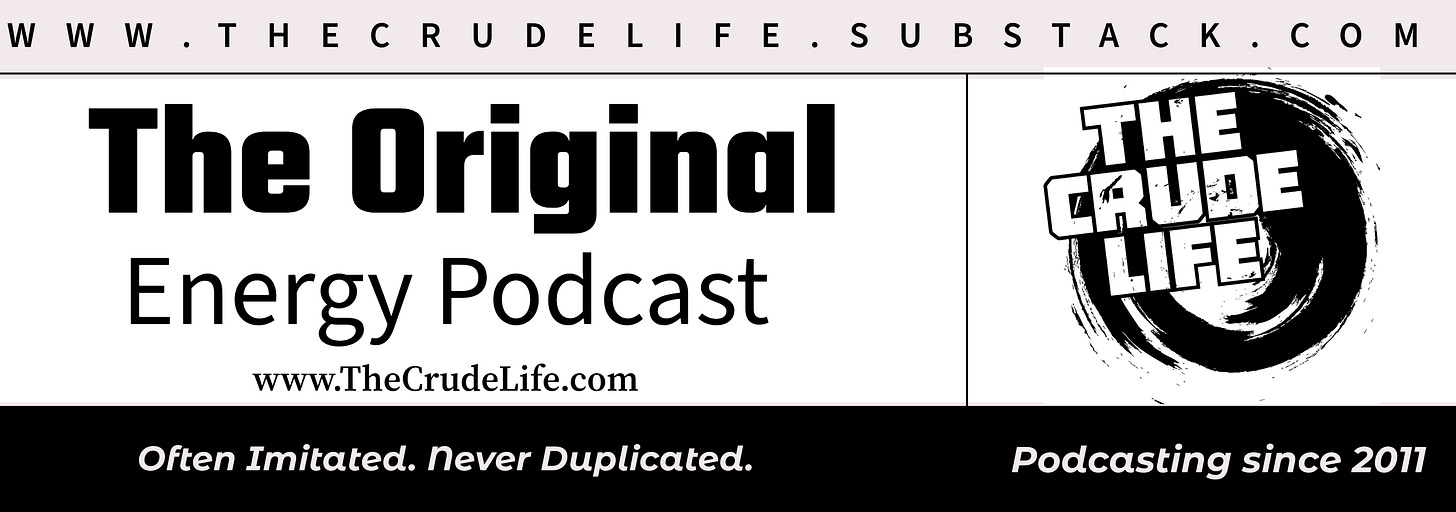
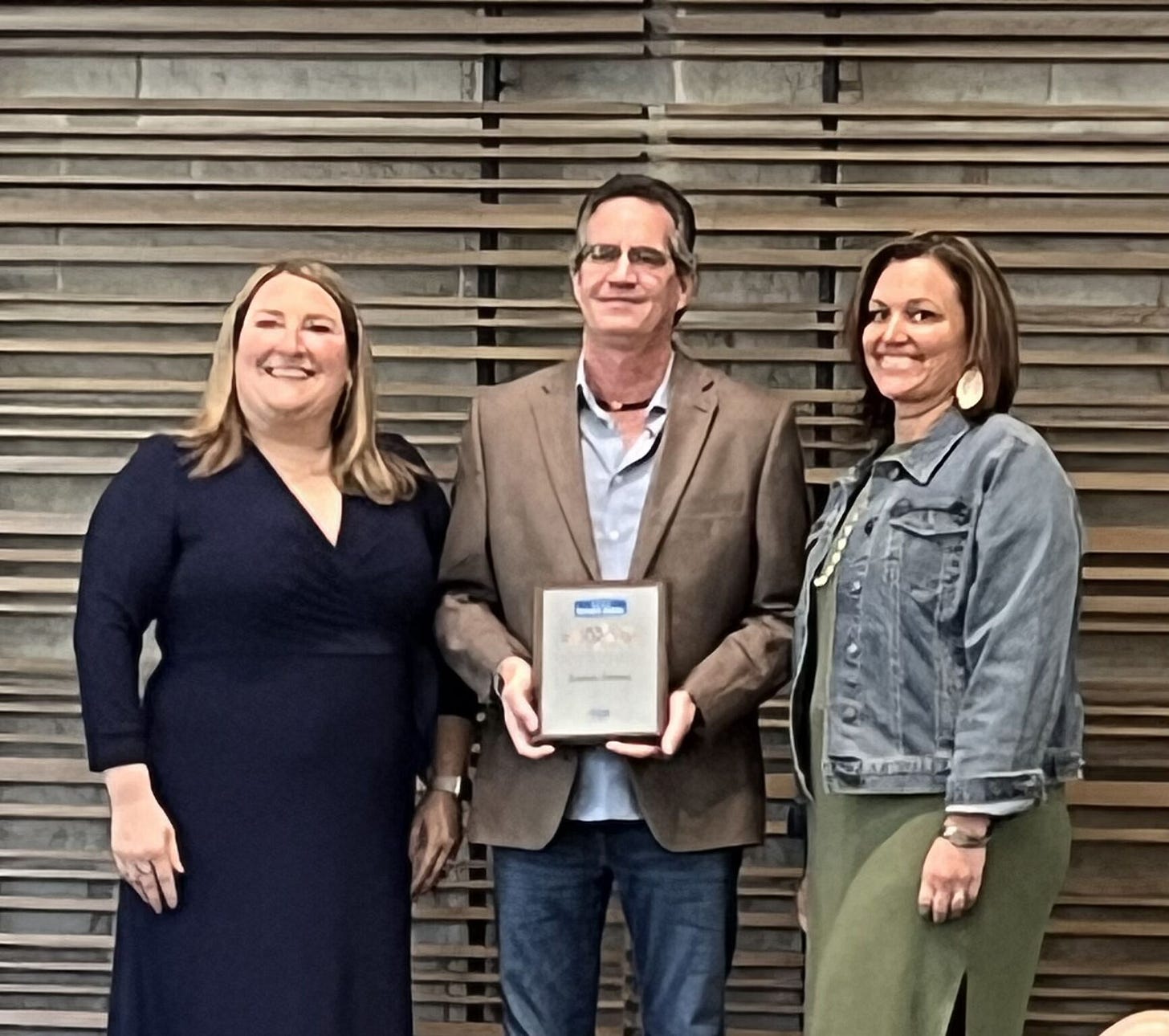
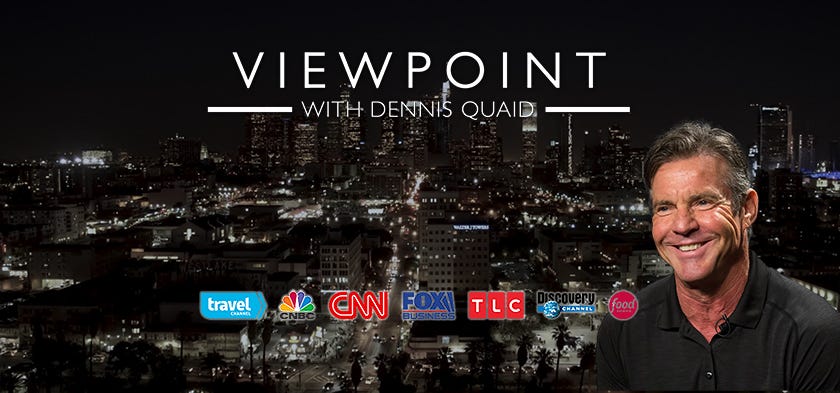


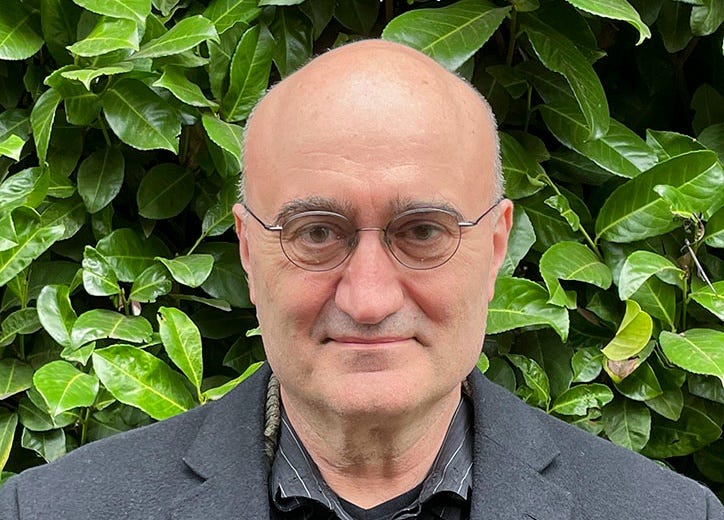


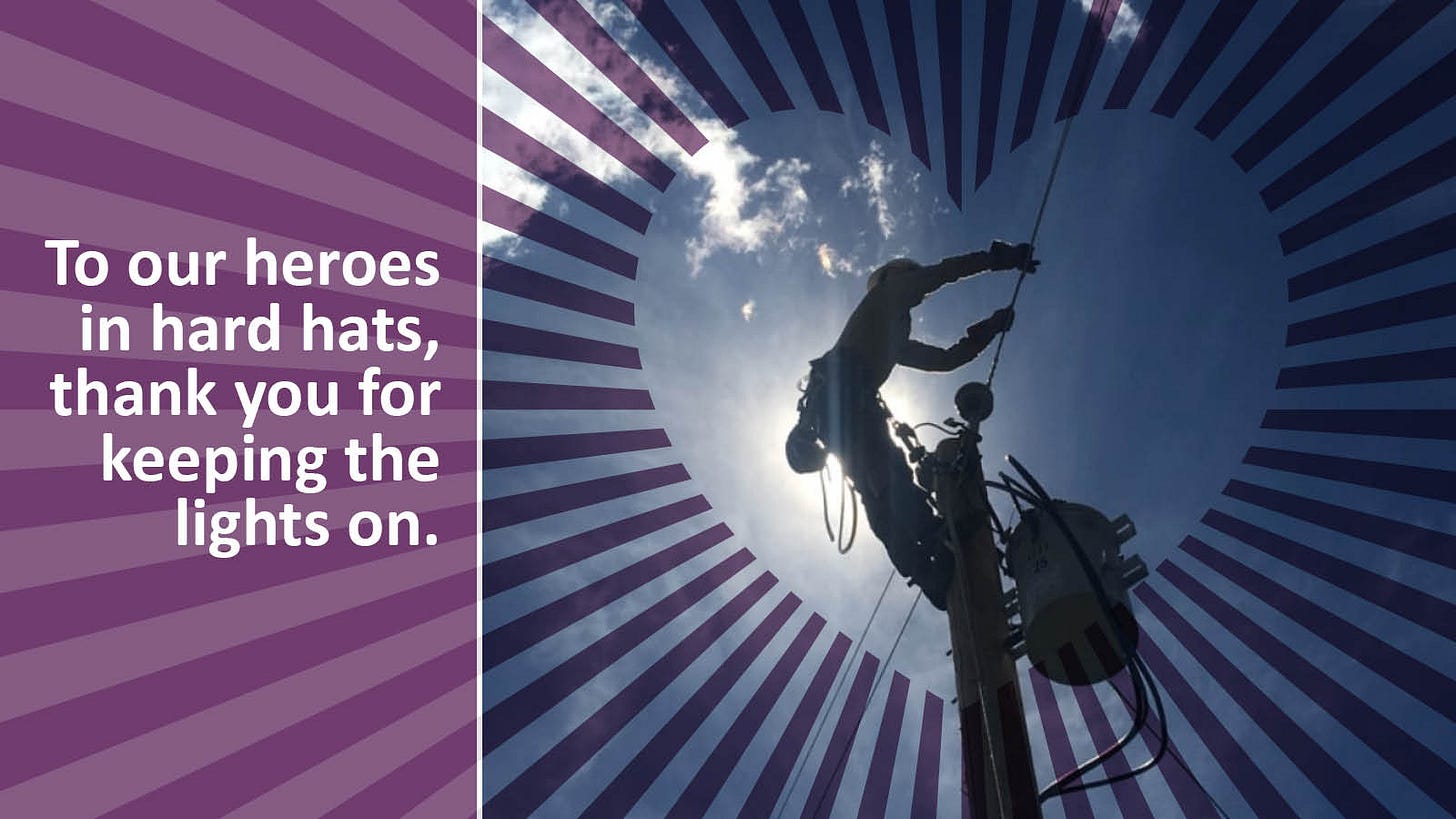

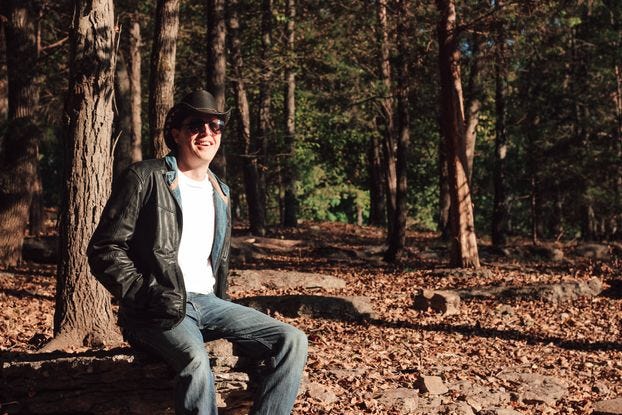











Share this post